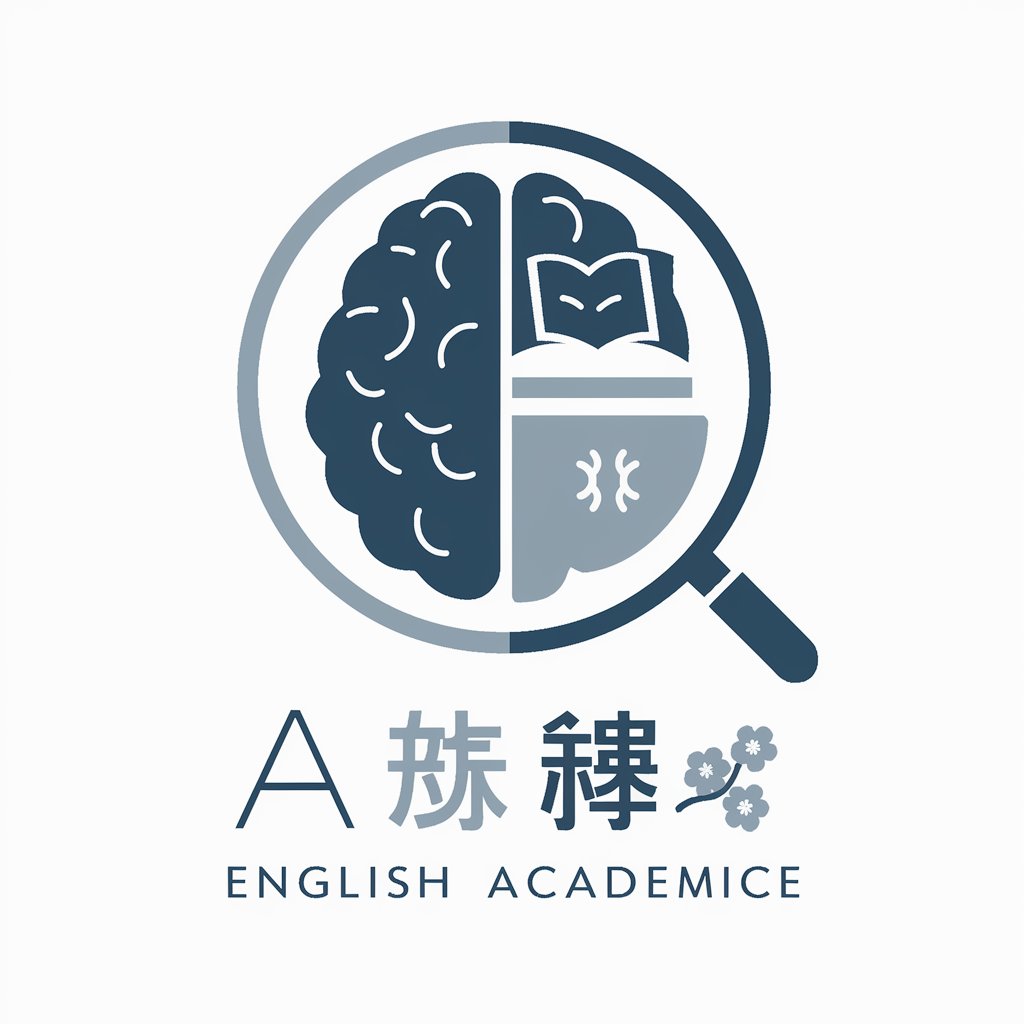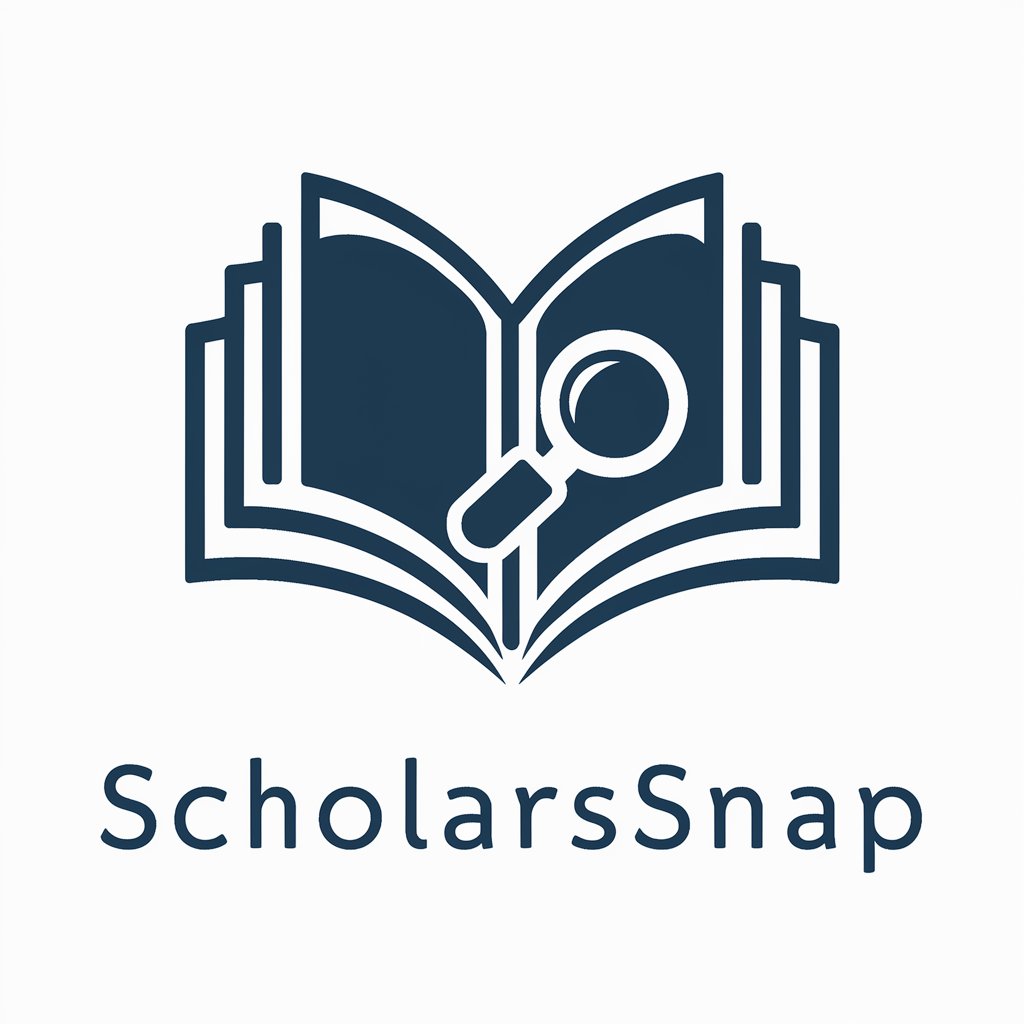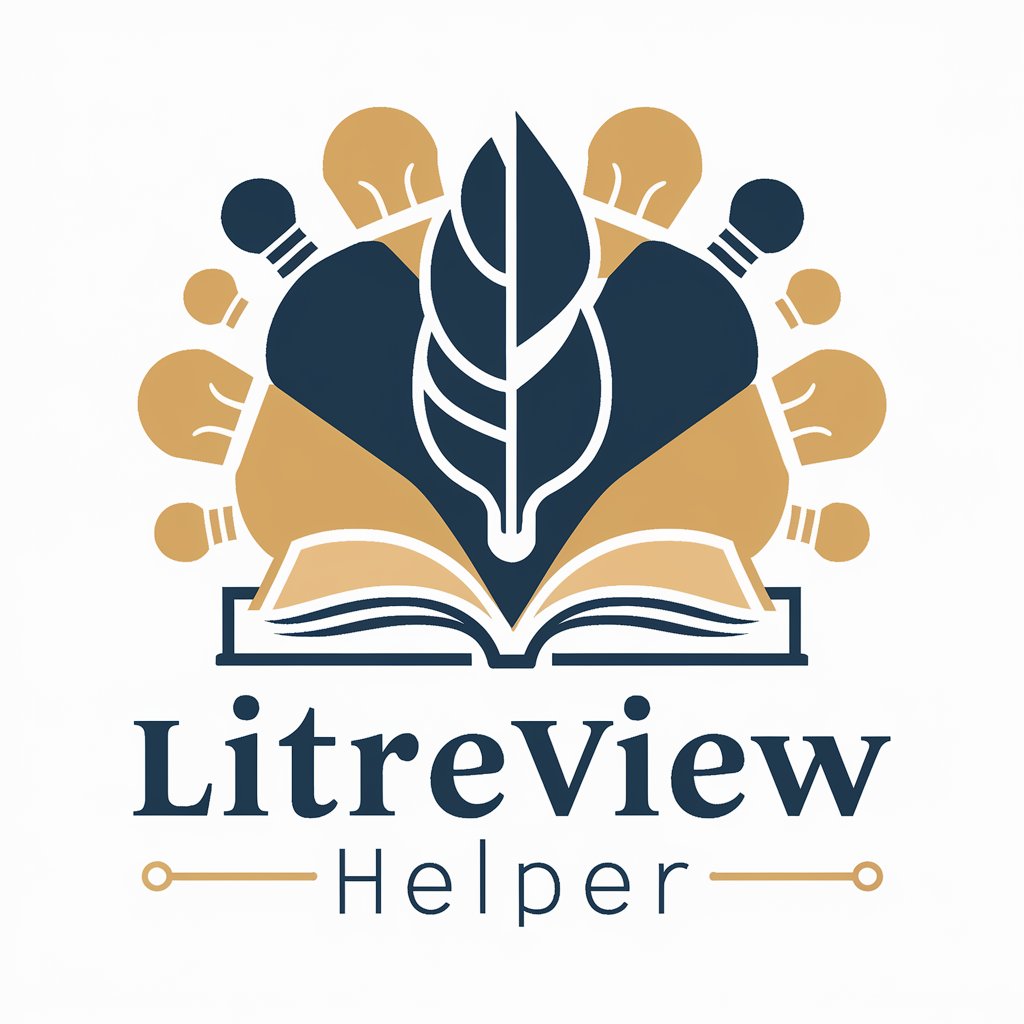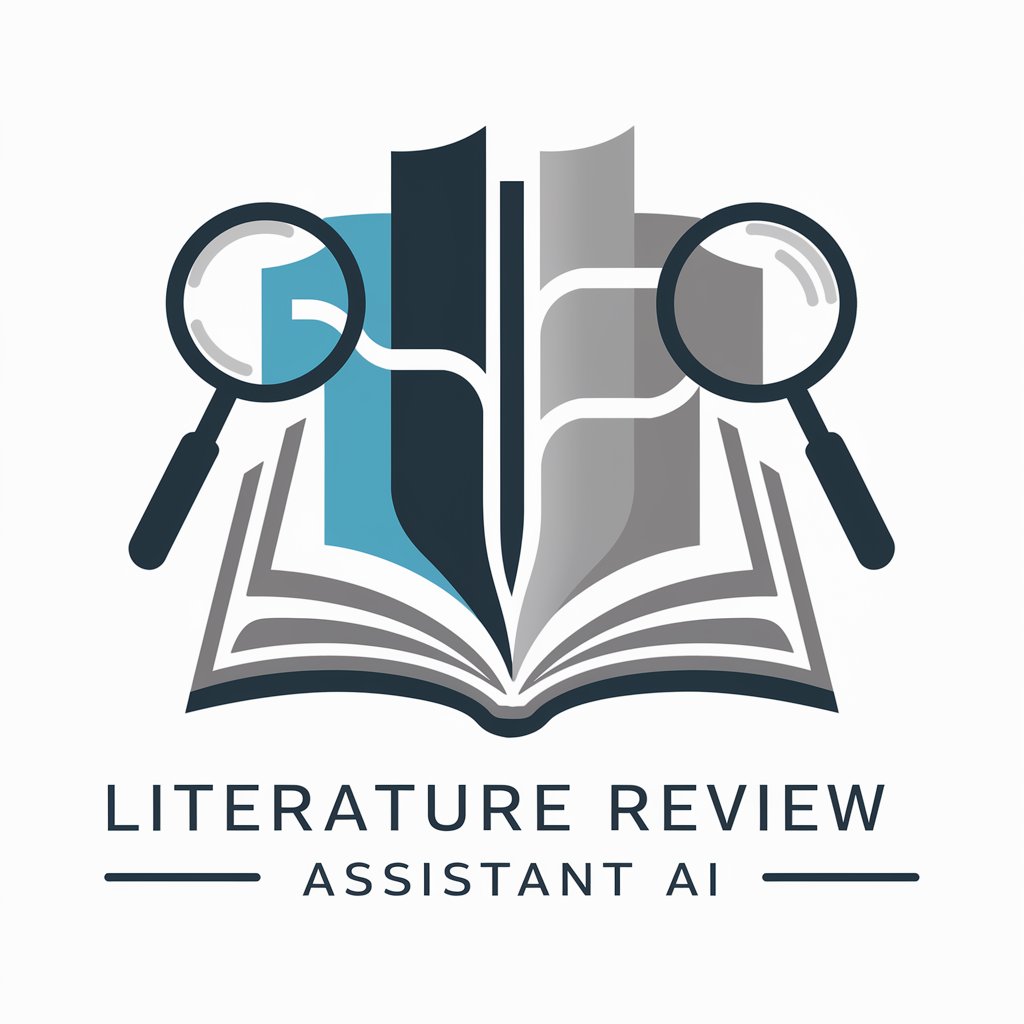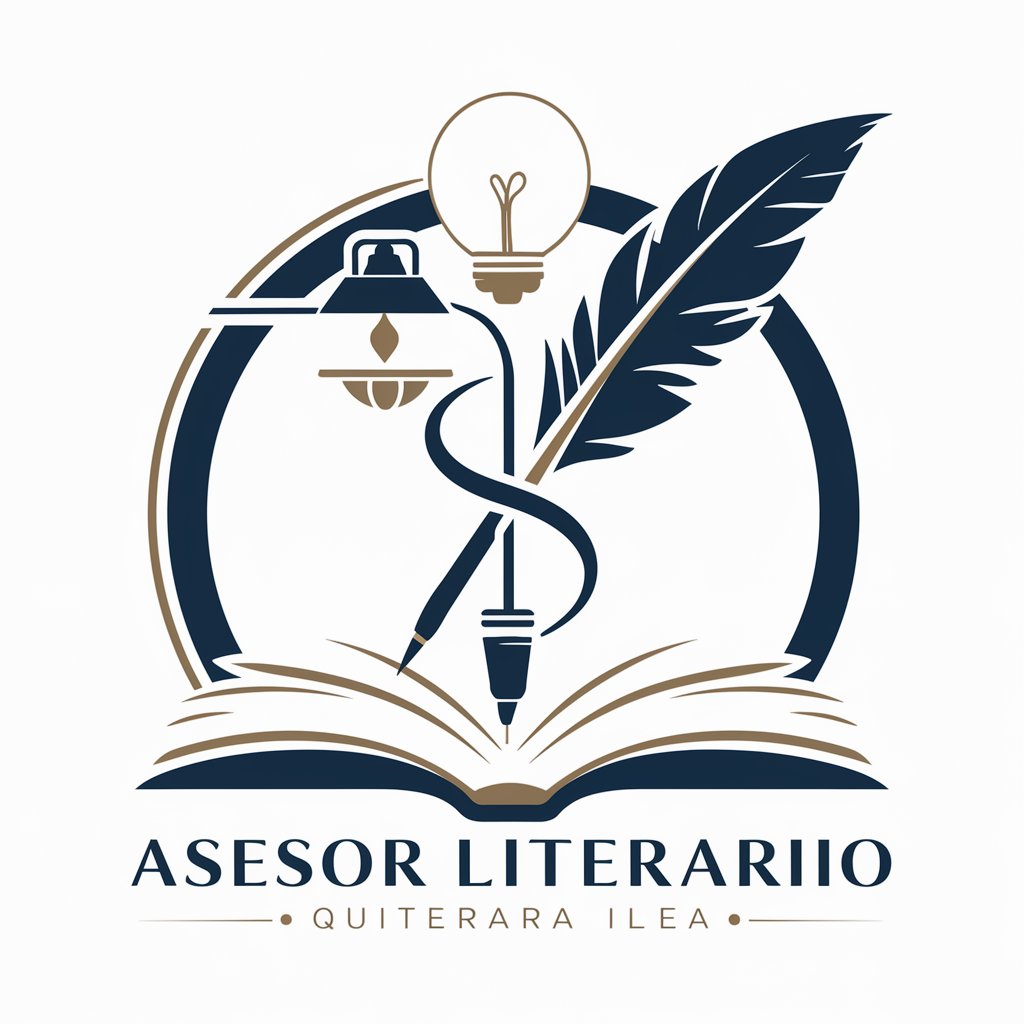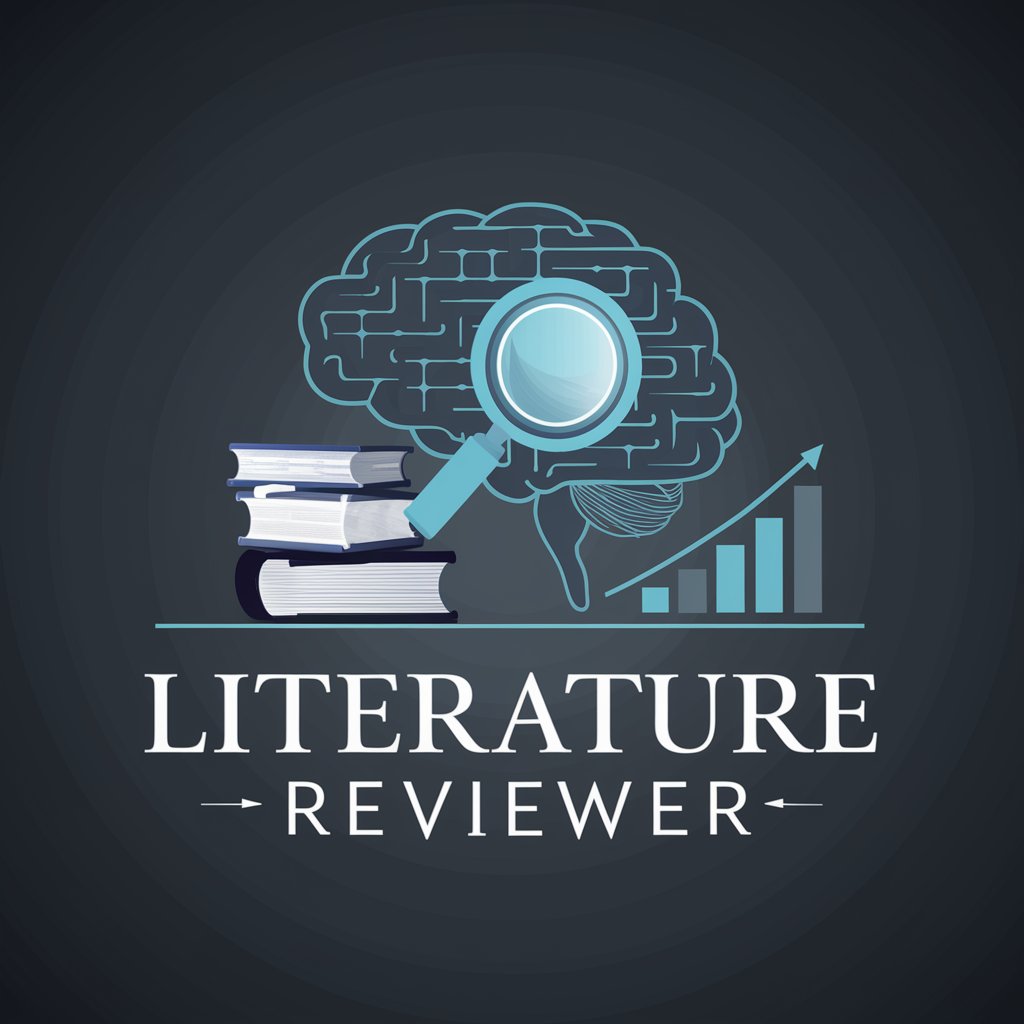
LiteratureAssist - AI-Powered Literature Tool
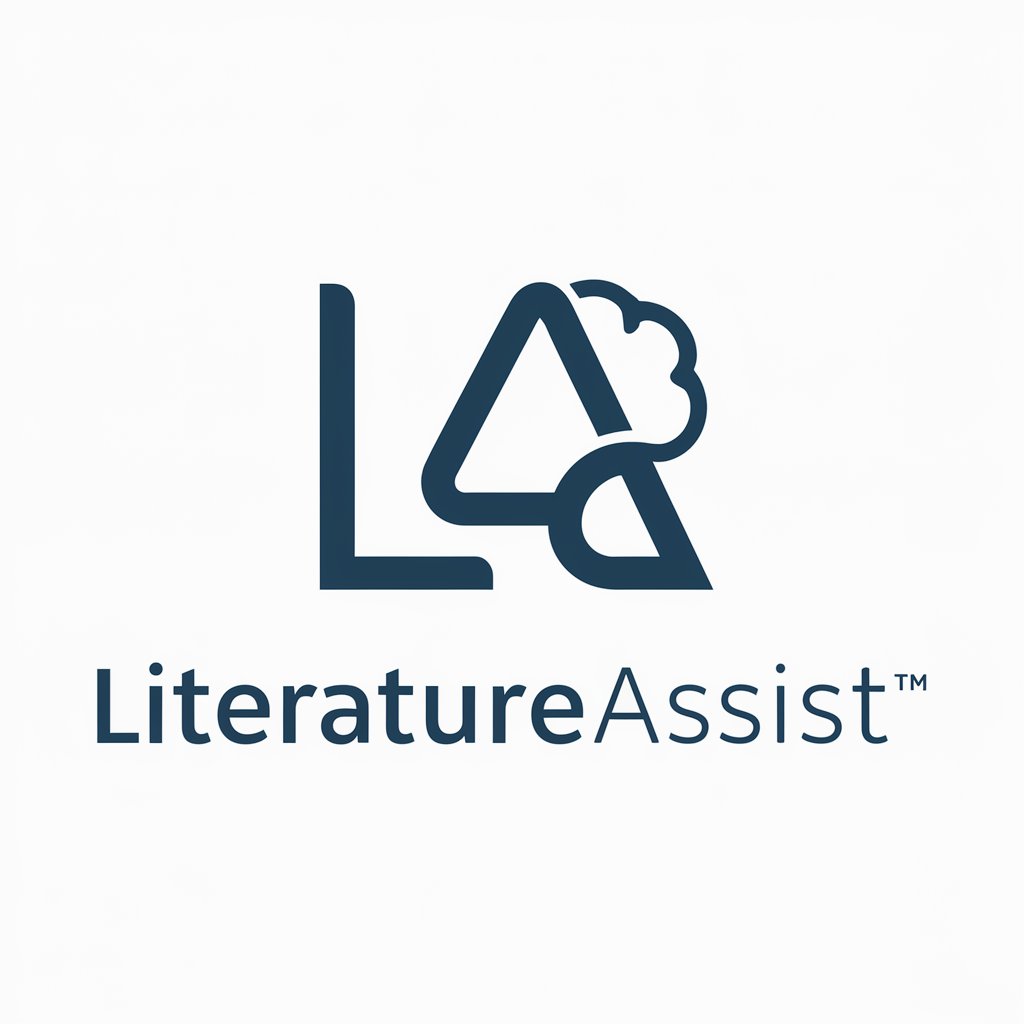
Welcome to LiteratureAssist, your guide to scholarly insights.
Your AI-Powered Scholarly Companion
Summarize the main findings of a recent study on climate change...
Review the literature on the effects of social media on mental health...
Analyze the relationship between economic policies and income inequality...
Compare and contrast different theories of human cognition in recent studies...
Get Embed Code
Introduction to LiteratureAssist
LiteratureAssist is an AI assistant specialized in reviewing and synthesizing scholarly literature. Designed to aid in research and academic endeavors, it can analyze, summarize, and present findings from various scientific and academic sources. LiteratureAssist is particularly adept at extracting scientific entities and relationships from texts, providing users with an in-depth understanding of specific topics. For example, it can distill complex research papers into concise summaries, identify key themes in a literature review, or track the development of a particular scientific concept over time. Powered by ChatGPT-4o。

Main Functions of LiteratureAssist
Literature Review and Summarization
Example
Summarizing a complex research paper on genetic engineering, highlighting key methodologies, results, and implications.
Scenario
A biology student uses LiteratureAssist to understand the latest developments in CRISPR technology.
Identification of Scientific Entities
Example
Extracting and explaining terms and concepts like 'mRNA vaccines' from medical research papers.
Scenario
A healthcare professional uses LiteratureAssist to stay updated on the latest vaccine technologies.
Analysis of Research Trends
Example
Tracing the evolution of artificial intelligence applications in healthcare over the past decade.
Scenario
A technology analyst uses LiteratureAssist to prepare a report on emerging AI trends in medicine.
Ideal Users of LiteratureAssist Services
Academic Researchers
They benefit from LiteratureAssist's ability to quickly synthesize large volumes of academic literature, aiding in literature reviews, hypothesis formation, and staying current in their field.
Students
LiteratureAssist helps students in understanding complex scientific concepts, preparing for assignments, and conducting research for their theses or dissertations.
Healthcare Professionals
They utilize LiteratureAssist to keep abreast of the latest medical research, treatments, and drug developments, thereby enhancing their professional knowledge and patient care.

Using LiteratureAssist: A Step-by-Step Guide
Start Your Journey
Visit yeschat.ai for a complimentary trial, with no login or ChatGPT Plus requirement.
Define Your Query
Clearly articulate your research question or topic to ensure precise and relevant results.
Engage with LiteratureAssist
Utilize the tool to search for academic papers, read PDFs, and extract scientific data and relationships.
Review and Analyze Results
Critically examine the provided literature, focusing on relevance, credibility, and applicability to your query.
Leverage for Applications
Apply insights gained from the literature in your academic writing, research projects, or other scholarly endeavors.
Try other advanced and practical GPTs
Trust Checker
Empower your research with AI-driven trust analysis.
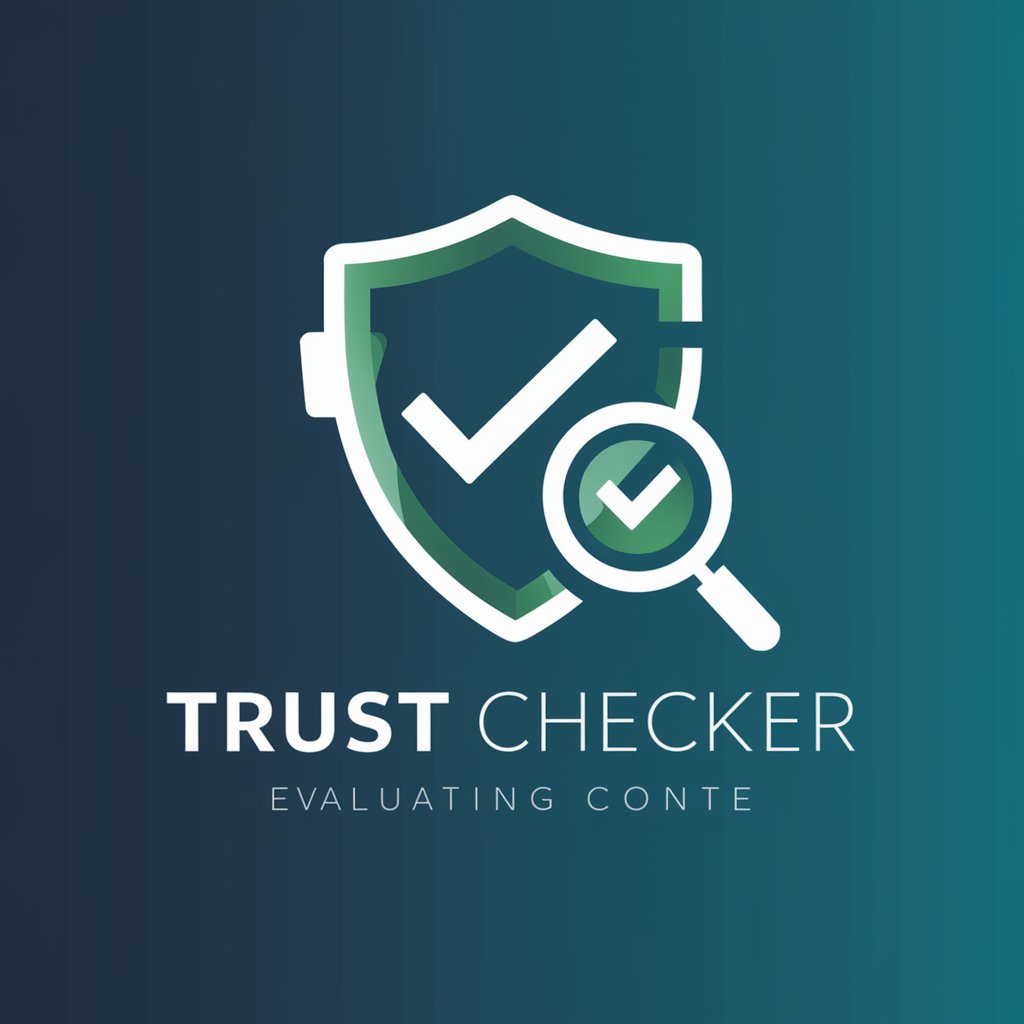
ELI5-A (Explain it to me like I'm five)
Making Complexity Understandable
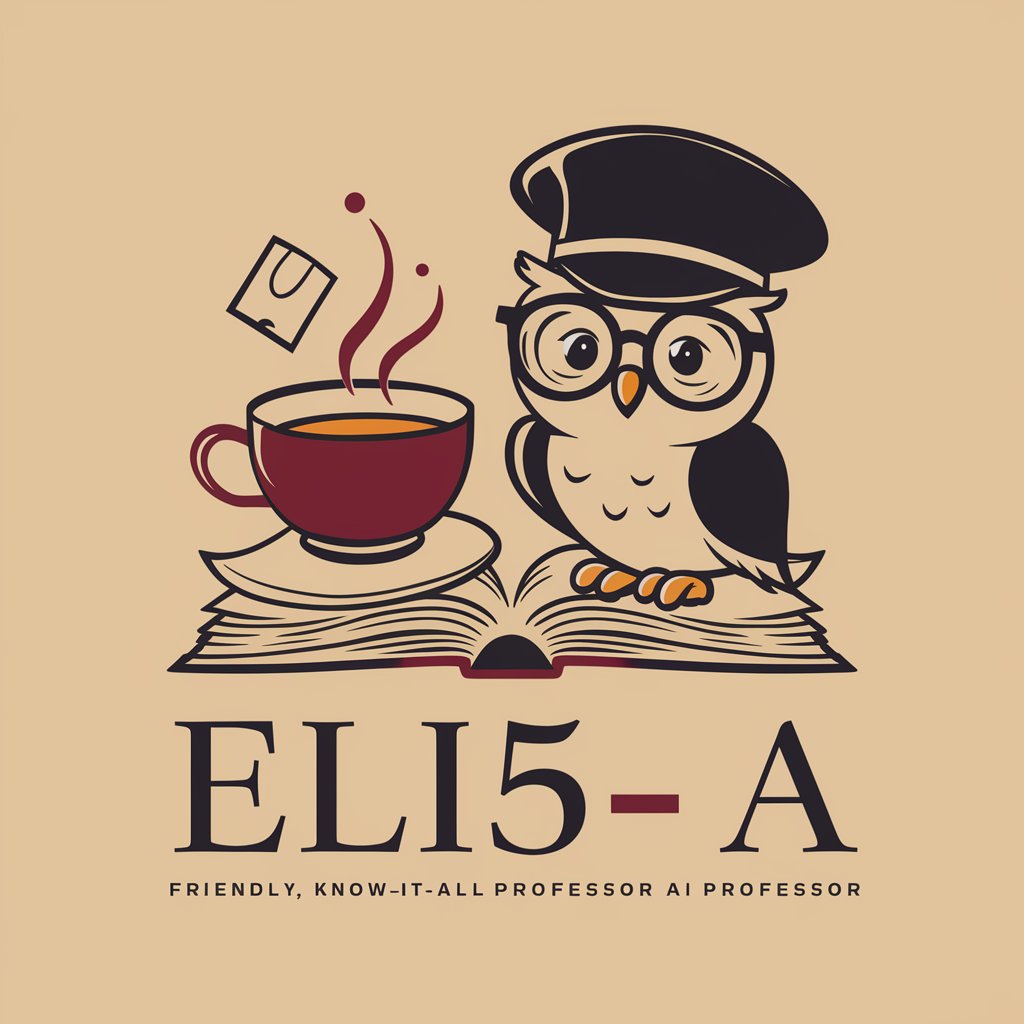
GPT Finder
Your AI-Powered Path to Custom GPTs
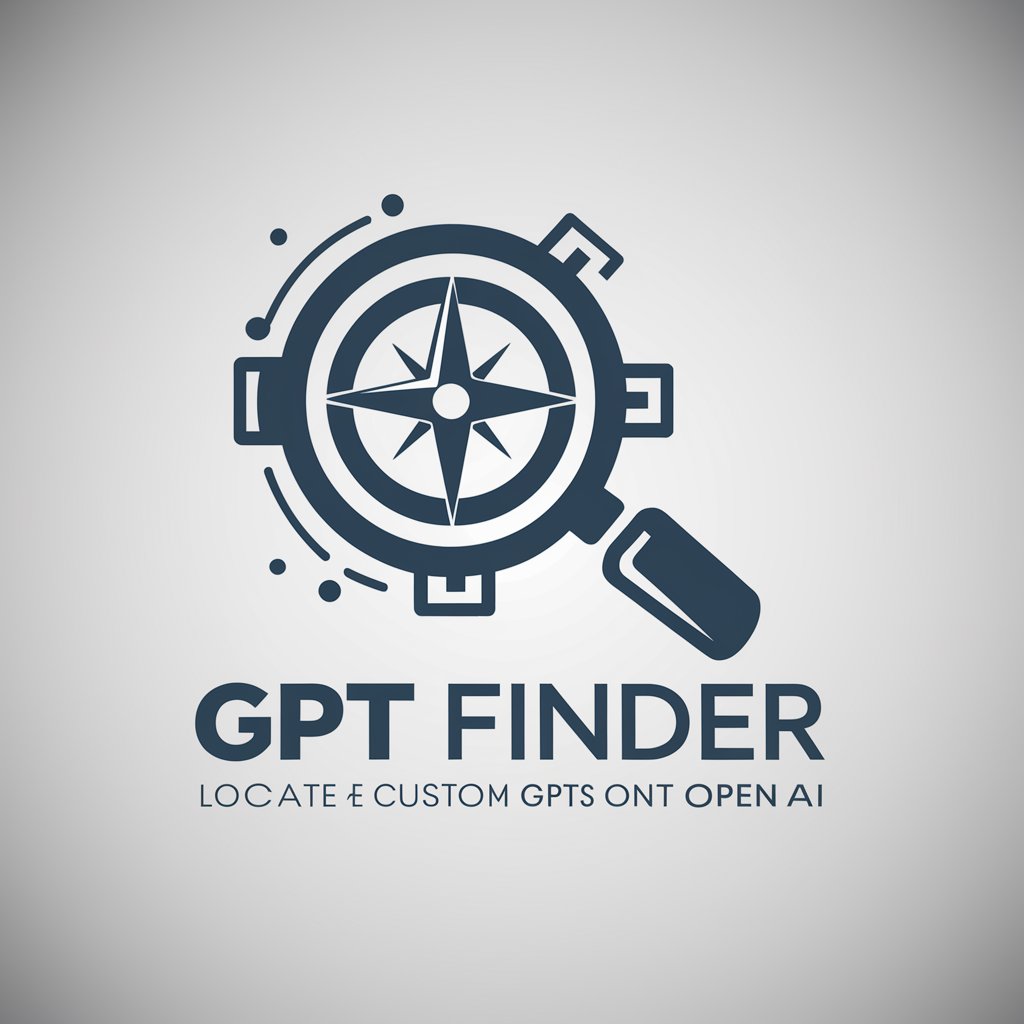
Peppa Pig Gestalt
Bridging communication with AI-powered script assistance.
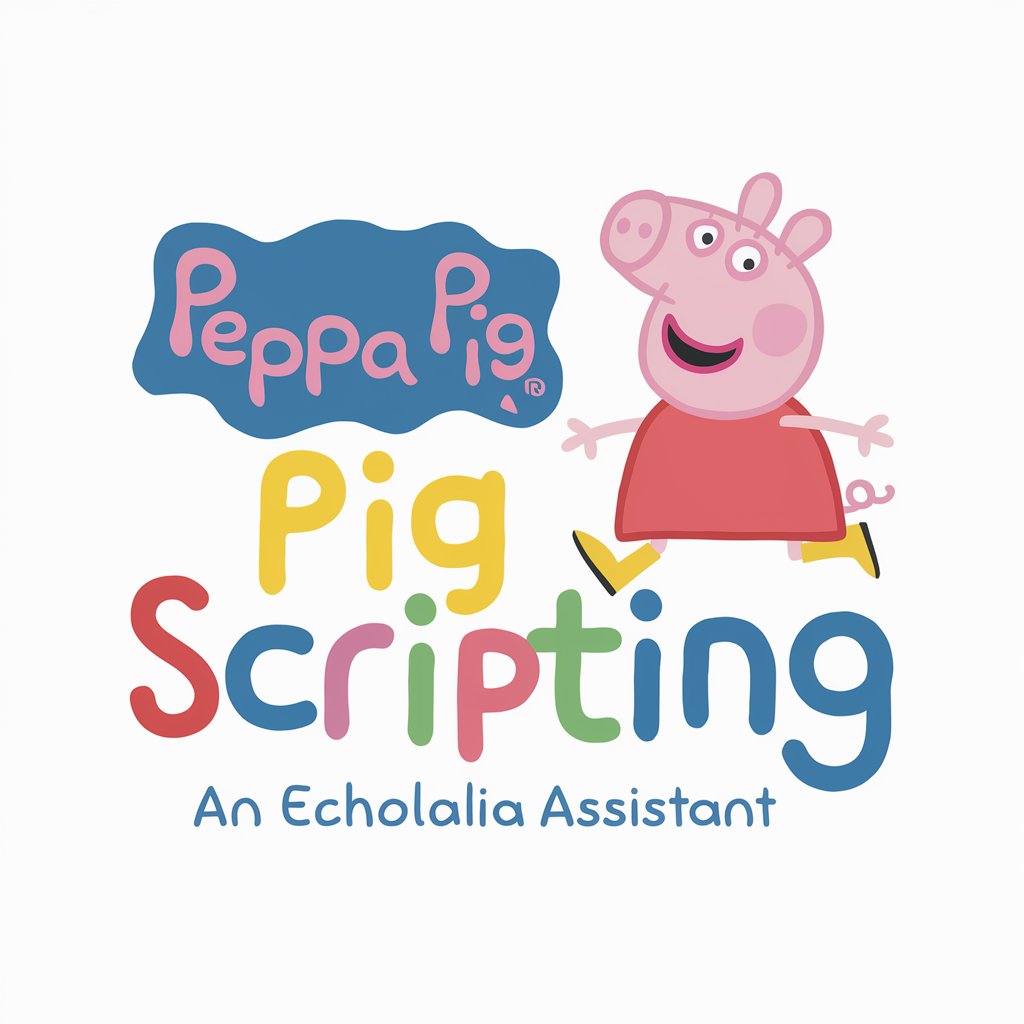
The Architect
Elevate your architecture with AI-powered insights.

PatentSimplifier
Demystifying Patents with AI
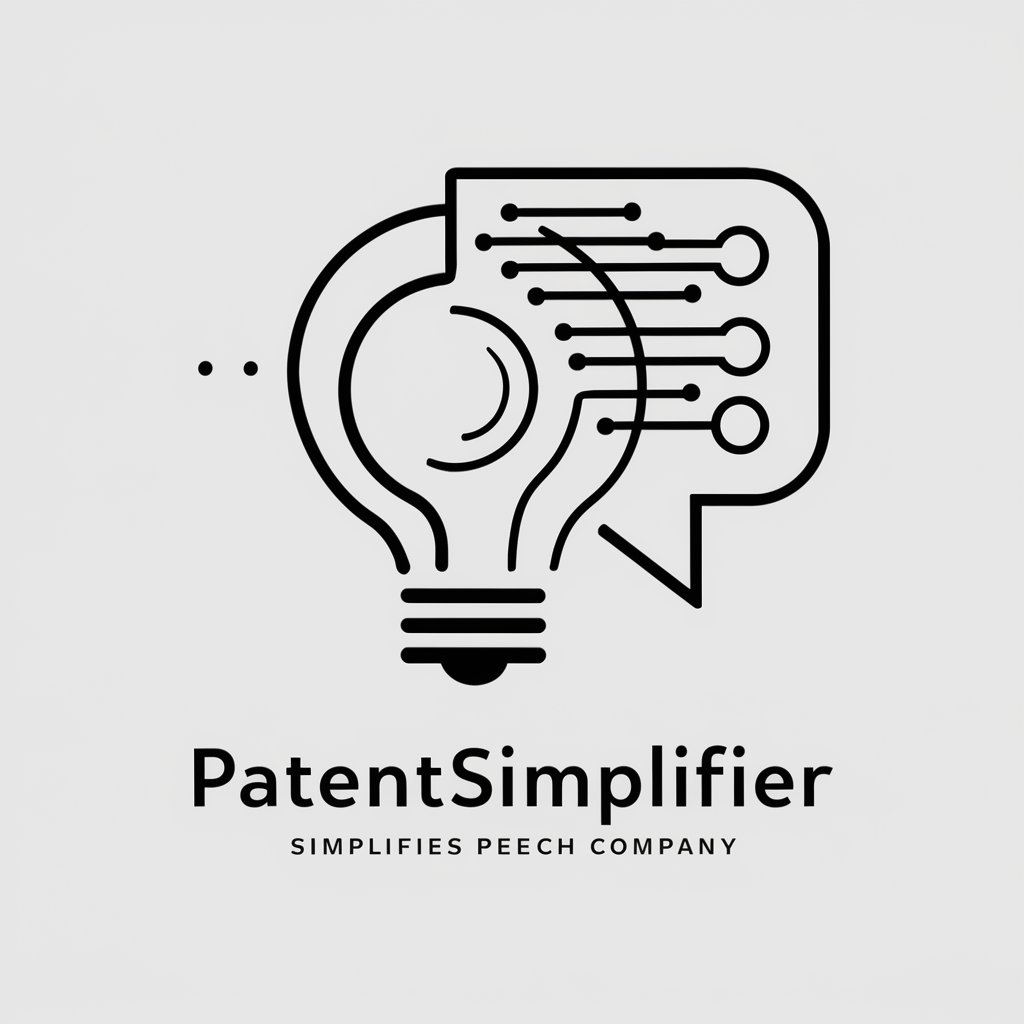
Cereal Namer GPT
Innovate Your Breakfast with AI

Cashflow Catalyst
Empowering Your Financial Journey with AI

Link - The GPT Finder
Navigate the AI Landscape with Precision
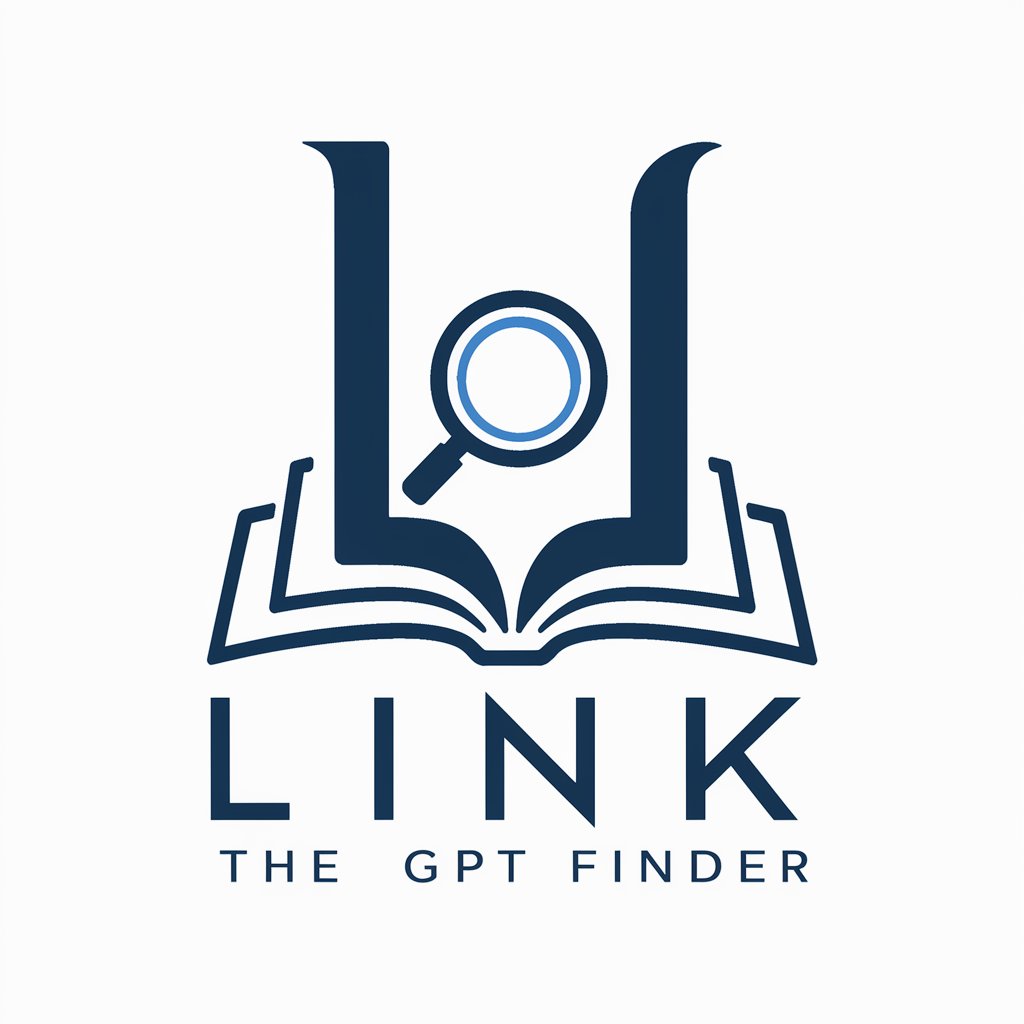
English Buddy
Your AI-Powered Language Coach

Universal Image Informer GPT
Unlock the stories behind images with AI

Learn Japanese with GPT
AI-Powered, Tailored Japanese Mastery

Frequently Asked Questions about LiteratureAssist
What types of literature can LiteratureAssist analyze?
LiteratureAssist can analyze a wide range of scholarly literature, including academic papers, journal articles, and scientific reports.
Can LiteratureAssist help with non-English papers?
Currently, LiteratureAssist is optimized for English-language literature, but it may provide limited assistance with non-English sources.
Is LiteratureAssist suitable for undergraduate students?
Absolutely, LiteratureAssist is an invaluable tool for undergraduate students, aiding in research and academic writing.
How does LiteratureAssist ensure the accuracy of its analyses?
LiteratureAssist relies on advanced AI algorithms to analyze content, but users should always cross-check and verify the provided information.
Can I use LiteratureAssist for non-academic purposes?
While primarily designed for academic use, LiteratureAssist can also be beneficial for general knowledge enhancement and professional research.
